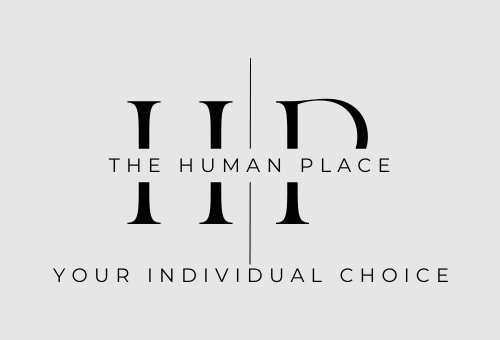The pleasant times when companies had a lot of candidates and qualification was not such a problem are long gone. Today most leaders face serious issues finding the best talent for their teams. Many people are still on the market, but the struggle to find the right talent for the group grows yearly. With every interview, leaders need to change and re-formulate priorities, lists of skills, and knowledge and focus on finding those who want to see the way to learn and grow with their companies.
To identify the best talents, leaders still need to look at essential elements they have always explored before, but looking at these elements should be different. While companies have looked at people as knowledge and skills baskets in the past, nowadays, they need to search for what HR people call potential to gain knowledge and experience. The same categories and different types of content for the questions were included. And these three categories are
KNOWLEDGE is the base for how talent can change and grow
In the 21st century, knowledge is too much. Every day, we face new things coming out. What was limited ability in the previous centuries is a large bucket with information that is impossible to learn from anyone. While entering the interview, back in the past, leaders have asked questions about what knowledge has been obtained during the person’s work life. Based on the quantity of knowledge, people were hired and put in the companies to deliver results. While the times have changed and the diversity of industries is enormous today, people cannot know it all. Today, leaders must search for only basic knowledge and identify how the person gains knowledge when situations arise. How a person learns and upgrades knowledge in different areas defines the outlook of the modern employee, who can answer the demands of reality and be a successful asset to every company’s success.
EXPERIENCE is the approach people use to become productive and efficient
Now we have access to different roles in different industries, demanding that we reshape our experience and find new ways to build a competitive advantage toward others racing with us in the same industry. Even if a role has the same basics as knowledge, the experience becomes more crucial to how people will be perceived in different sectors. What may be helpful as experience and expertise in, let’s say manufacturing industry may be utterly irrelevant to the experience people in the IT industry are searching for. Depending on the industry type and how experience is seen, it may be a good predictor for success. Exploring expertise can build a broader image of the person and give details about how the past can grant success in the future and where the person will be most successful if they move. But still, one crucial element of exploring experience that many leaders miss is how the future talent forms experience. Some industries allow you to build specific experiences only if you are part of them. Many leaders(and talent attraction experts) blindly follow their agenda and miss great talent, focusing on searching for “the best fit” covering all criteria of the profile. But what many of these miss is how the person builds experience can be more impactful on how talent is attracted to the company.
JUDGEMENT is the skill to act accordingly
It is now called “business thinking,” “critical thinking,” etc. Back in time, leaders were talking about judgment. But no matter the name, the content stays almost the same. Judgment is the way the talent resolves complex issues regularly. Many talents lack this skill or think they have it while demonstrating how to add value by resolving these common issues. The more examples, the more positive the impression of the talent is. Being crucial, this set of skills defines the level of personal and professional growth of the talent. Exploring how the issues are solved and how the person acts forms the image of the person and gives information about IQ, EQ, and capability of the talent considered. Questions about judgment are not to be used for every role or every person. Instead, they are tools to confirm that the person has built the needed maturity for specific functions. With no intention to harm a person’s self-confidence, the leader should find the balance in asking for judgemental skills to confirm particular level of maturity and readiness for certain types of roles. After all, we make decisions and judge situations daily. But when we need to do it for ourselves and others, this may become an admirable crucial skill. The better the leader can explore this skill, the more evidence for future complex success they can collect. And collecting evidence not only shows as a prerequisite for future success but also builds confidence in leaders about the direction of their decision to hire or pass with a talent showing up for a specific role.
IN CONCLUSION:
There are many approaches to hiring the best talent and ensuring the company’s future success. Some leaders use complex tools with group and individual exercises; others rely only on interviews, and the third group includes test batteries for skills, attitude, and behavior. No matter the approach, going to the core minimum of what a successful talent means is always a winning strategy.
